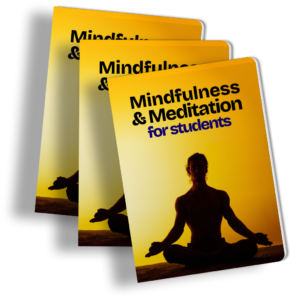While there’s a surge in meditation apps aimed at children, a growing movement amongst educators suggests a different approach to managing stress and emotional turmoil in students: mindfulness.
Mindfulness goes beyond simply quieting the mind. It’s about cultivating awareness of the present moment, thoughts, and feelings without judgement. This practice, when integrated into the school curriculum, can equip students with valuable tools to navigate the complexities of academic and social life.
Why Mindfulness Over Apps?
Meditation apps can be a helpful stepping stone, but they often focus on achieving a state of perfect stillness, which can be unrealistic and frustrating for young minds. Mindfulness, on the other hand, encourages students to acknowledge their thoughts and feelings without getting swept away by them. This fosters self-awareness and emotional regulation, which are crucial for navigating challenges and maintaining focus.
The Power of Mindfulness in Schools
Schools across the globe are incorporating mindfulness programs into their curriculum, reporting positive outcomes. Studies have shown that mindfulness training can lead to:
- Reduced stress and anxiety
- Improved concentration and focus
- Enhanced emotional regulation
- Increased empathy and compassion
- Greater self-awareness
Mindfulness exercises can be as simple as short breathing exercises or guided meditations integrated throughout the school day. Teachers can also use mindfulness techniques to create a calmer classroom environment, fostering better communication and collaboration among students.
Beyond the Classroom
The benefits of mindfulness extend far beyond the classroom walls. Students who practice mindfulness techniques are better equipped to manage stress in their daily lives, improving their overall well-being and fostering resilience.
Looking for Ways to Help Your Child?
If you’re interested in helping your child develop mindfulness skills, there are many resources available. Consider incorporating mindfulness exercises into your daily routine or exploring mindfulness programs specifically designed for children. Remember, mindfulness is a practice, not a destination. With regular effort, students can cultivate a sense of calm and awareness that will benefit them throughout their lives.pen_sparktunesharemore_vert

